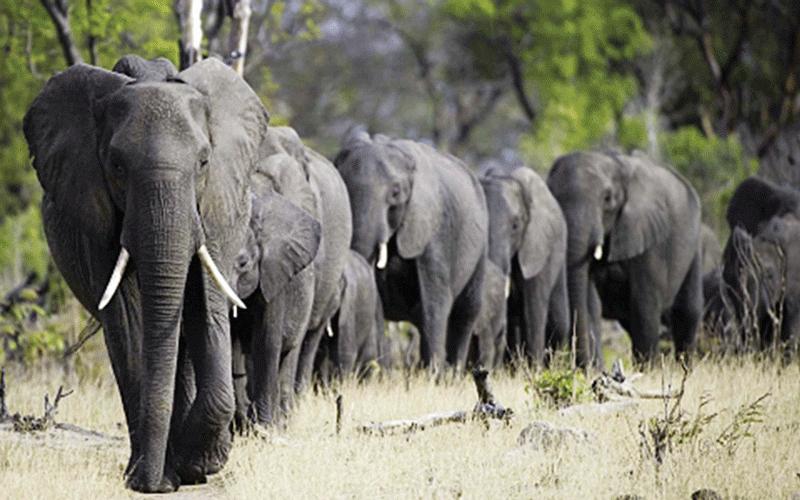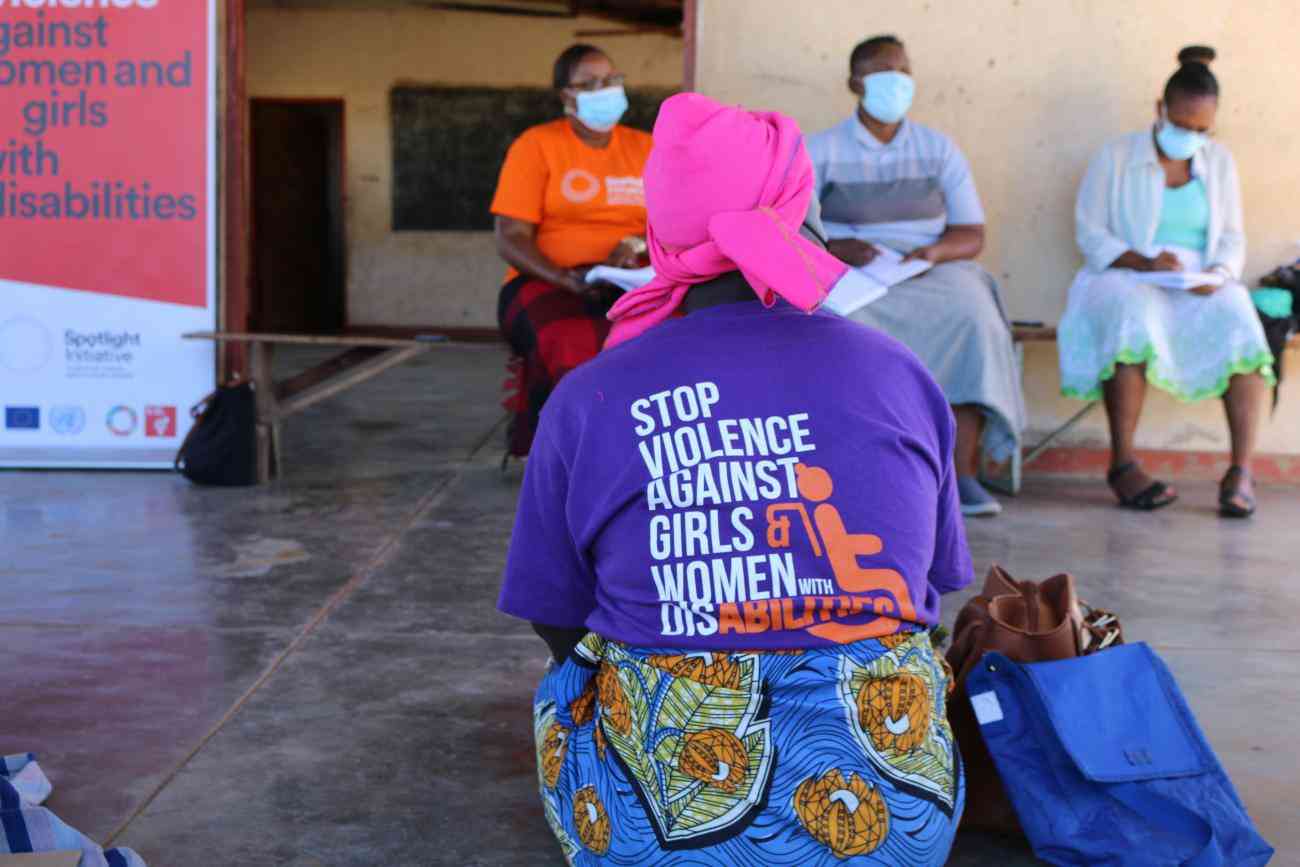
THE Zimbabwe Parks and Wildlife Management Authority (ZimParks) has announced that Hwange National Park is being underfunded as it received US$500 000 instead of US$21 million for conservation purposes.
In a statement on Thursday following the hosting of a review and updating workshop on the Zimbabwe Elephant Management Plan (2021-2025) to assess implementation of the plan, emerging issues, evaluate management approaches and exploring effective strategies from past experiences, ZimParks said the significant funding gap has serious implications for conservation efforts.
The plan, originally established in 1992, aims to conserve elephant populations while promoting biodiversity and contributing to national socio-economic development.
ZimParks said various stakeholders participated in the review and updating process and a number of issues were noted, among them management of excess elephant populations, co-existence, funding for research, community resilience and sustaining livelihoods.
“The country’s elephant population conservation efforts are severely under-financed, with the current budget for Hwange National Park falling below US$500 000 annually, compared to the US$21 million required based on management costs in other well managed protected areas in southern Africa,” the statement read.
“Sustainable utilisation is hindered by various factors including global trade restrictions. While elephant poaching for ivory has decreased, effective partnerships have played a pivotal role in enhancing conservation efforts.”
The funding gap in Hwange brings to light the challenges faced by conservation efforts in the country.
ZimParks emphasised the need for increased funding to support conservation efforts in Hwange and other national parks.
- Poaching syndicates trap vulnerable villagers
- Power cuts spur Zimbabwe’s green energy revolution
- Power crisis needs practical solutions
- Youth candidates debate manifestos on social media
Keep Reading
The authority is working to develop more effective strategies for managing human-wildlife conflict and promoting co-existence between humans and wildlife.
Five chiefs from Hwange district who attended expressed concerns over the ongoing poverty faced by these communities worsened by crop raiding, resource competition and incidences of injury and property damage caused by elephants.
Increased elephant populations and localised overabundance have resulted in increased human-elephant conflicts.
ZimParks said sustainable utilisation is hindered by various factors, including global trade restrictions.
“While elephant poaching for ivory has declined, effective partnerships have played a vital role in enhancing conservation efforts,” the authority said.
“ZimParks emphasises that elephant conservation requires collective efforts from all stakeholders.
“We, therefore, invite everyone to participate in the review of the management plan, which will transition to a 10-year strategy.”










